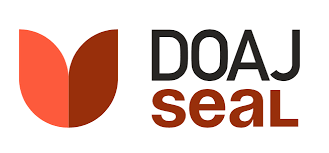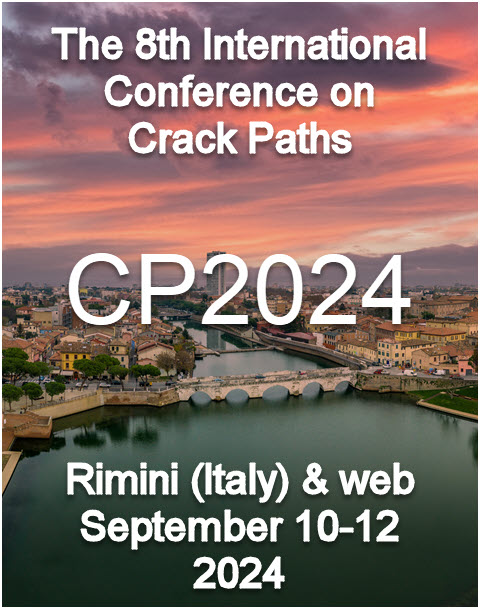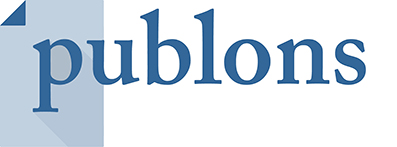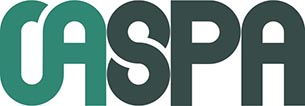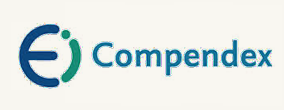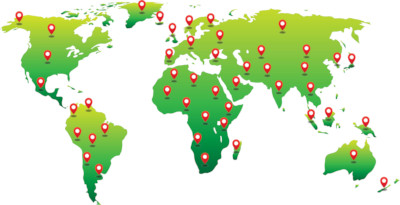Crack propagation in a brittle DCB specimen assessed by means of the Williams’ power expansion
DOI:
https://doi.org/10.3221/IGF-ESIS.48.05Keywords:
Crack deflection, DCB specimen, Generalized MTS criterion, Geometry effect, Williams’ power expansionAbstract
A double cantilever beam geometry has been chosen in order to investigate the importance of the higher-order terms of the Williams’ power expansion for the crack path estimation. The crack propagation has been tested experimentally on a brittle polymethylmethacrylate (PMMA) specimen and although the mode I loading conditions were applied, the crack kinked from its original plane immediately and propagated towards the bottom side of the specimen. It has been shown that this phenomenon is connected to the magnitude and sign of the T-stress and to the level of the constraint generally. In this work, the influence of the third and higher terms of the Williams’ series on the crack propagation is investigated. The generalized form of the well-known maximum tangential stress fracture criterion for determination of the crack propagation angle has been tested and discussed. The observed differences in the crack trajectory of different specimens have been found to be related to the magnitude of the higher-order terms of the stress tensor components at the crack tip.
Downloads
Downloads
Published
Issue
Section
Categories
License
Copyright
Authors are allowed to retain both the copyright and the publishing rights of their articles without restrictions.
Open Access Statement
Frattura ed Integrità Strutturale (Fracture and Structural Integrity, F&SI) is an open-access journal which means that all content is freely available without charge to the user or his/her institution. Users are allowed to read, download, copy, distribute, print, search, or link to the full texts of the articles in this journal without asking prior permission from the publisher or the author. This is in accordance with the DOAI definition of open access.
F&SI operates under the Creative Commons Licence Attribution 4.0 International (CC-BY 4.0). This allows to copy and redistribute the material in any medium or format, to remix, transform and build upon the material for any purpose, even commercially, but giving appropriate credit and providing a link to the license and indicating if changes were made.







